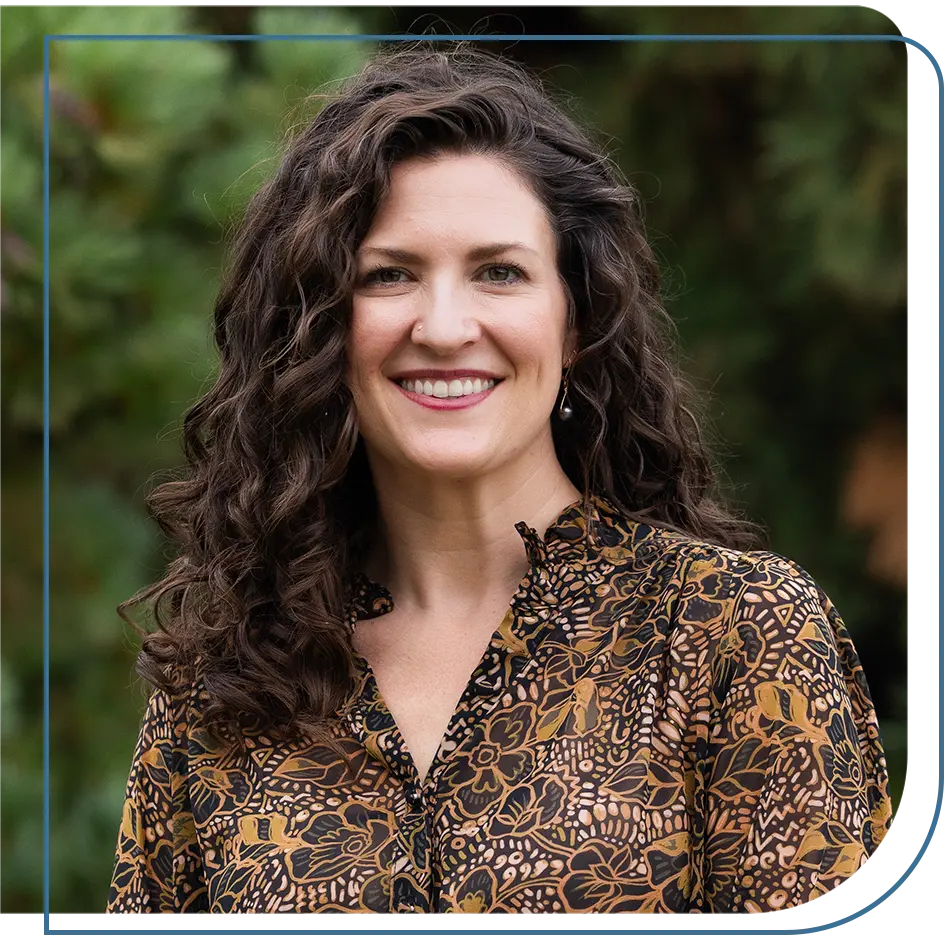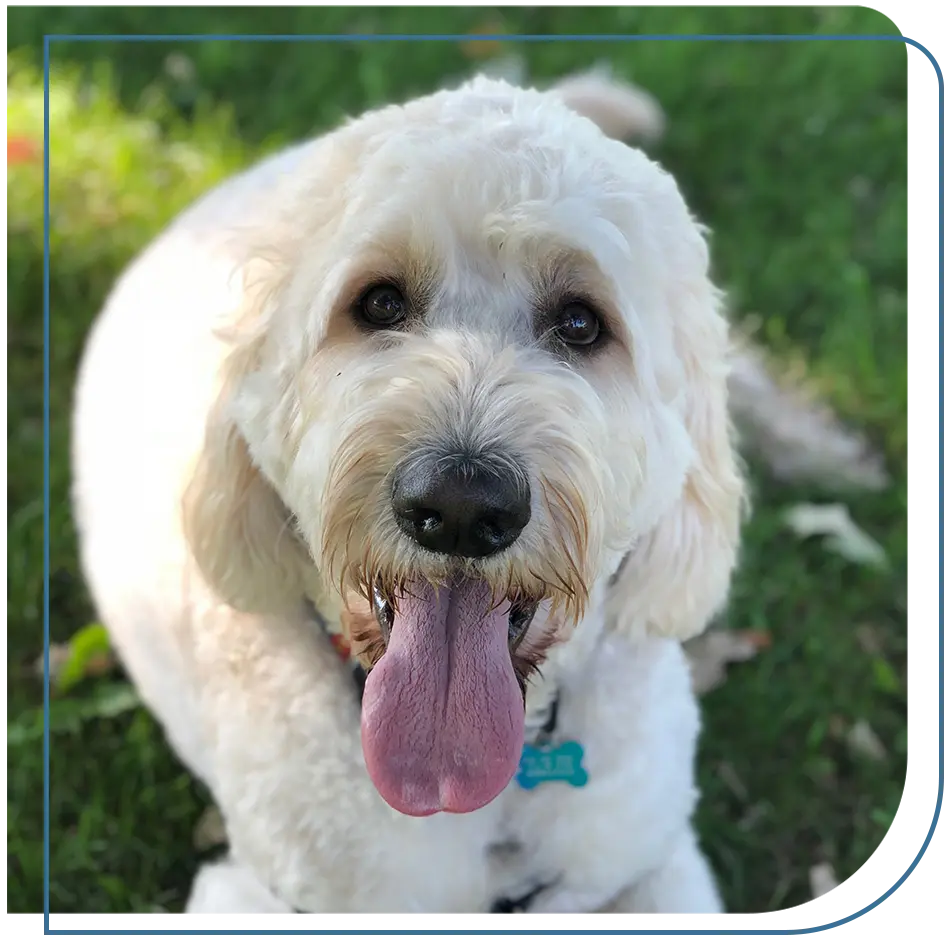Lakeside Psychology provides a warm and welcoming experience that aids emotional healing. My highly collaborative and personalized approach meets you were you are and helps you feel connected to the process.
With empathy, compassion and support, I’ll put you and your child at ease throughout our work. And my therapy dog, Bear, never fails to bring welcome smiles and good feelings to every session.



PCIT Certification – Awarded in 2018
PCIT – Older Child (ages 7-10) Training – 2021
PCIT – Older Child (ages 7-10) — Year long consultation with Dr. Cheryl McNeil 2021-2022
PCIT International Biennial Conference – 2021
PCIT with Non-Responders and children with Autism – 2020
Center for the Treatment and Study of Anxiety – Exposure and Response Prevention for the Treatment of OCD – Intensive Training – 2021
Center for the Treatment and Study of Anxiety – Pediatric OCD Training – 2022
Center for the Treatment and Study of Anxiety – Case Consultation group with Elizabeth Turk-Karan – 2022
SPACE – Supporting Parents of Anxious Childhood Emotions – Training Workshop with Eli Lebowitz – Yale University – Child Study Center – 2020
Who attends the intake?
How do I tell my child I am bringing them to therapy?
Be honest, kind, and age-appropriate when telling your child about attending therapy. Reassure young children they won’t get a shot, and let older children know they can choose who’s in the room. If you’re unsure how your child will respond, I’m happy to help.
What is the first session like?
Will I be expected to do anything in between sessions?
Yes, my approach to therapy is similar to piano lessons or physical therapy. You’ll learn new skills and process difficult emotions in sessions, but lasting change comes from what you do in between. Be prepared for some homework.
Will you meet with me without my child?
Absolutely. Many challenging behaviors and anxiety disorders are best addressed through parenting, particularly for younger children.
What if my child doesn't want to go to therapy?
If a child/teen poses a safety risk to themselves or others, take them to the ER for evaluation and therapy recommendations. This is essential. Otherwise, whether or not therapy is right for your child depends. Let them know they can stop therapy if I am not the right fit or it’s not helping. You can also model the importance of therapy by going yourself or meeting with me without them.
Can you see my whole family?
No, I am not trained as a family therapist.
Will a parent need to be at all appointments or can a relative bring my child?
At least one parent is required at appointments unless arranged with me in advance. Parent involvement is essential to my approach to therapy, especially for younger children. Late middle school and high school students typically have sessions alone, but parents are expected to attend separate sessions to stay involved.
How long does therapy take?
The length of therapy varies. Some concerns see improvement in as short as 3 months, while others may take 6-12 months. We’ll discuss your child’s specific needs together.
Can I pay by HSA or FSA?
You can pay by HSA. Double check your FSA guidelines to see if this is a qualified expense.
Do you take insurance?
My child is allergic to dogs, can I still bring them to see you?
Is there anything you do not treat?